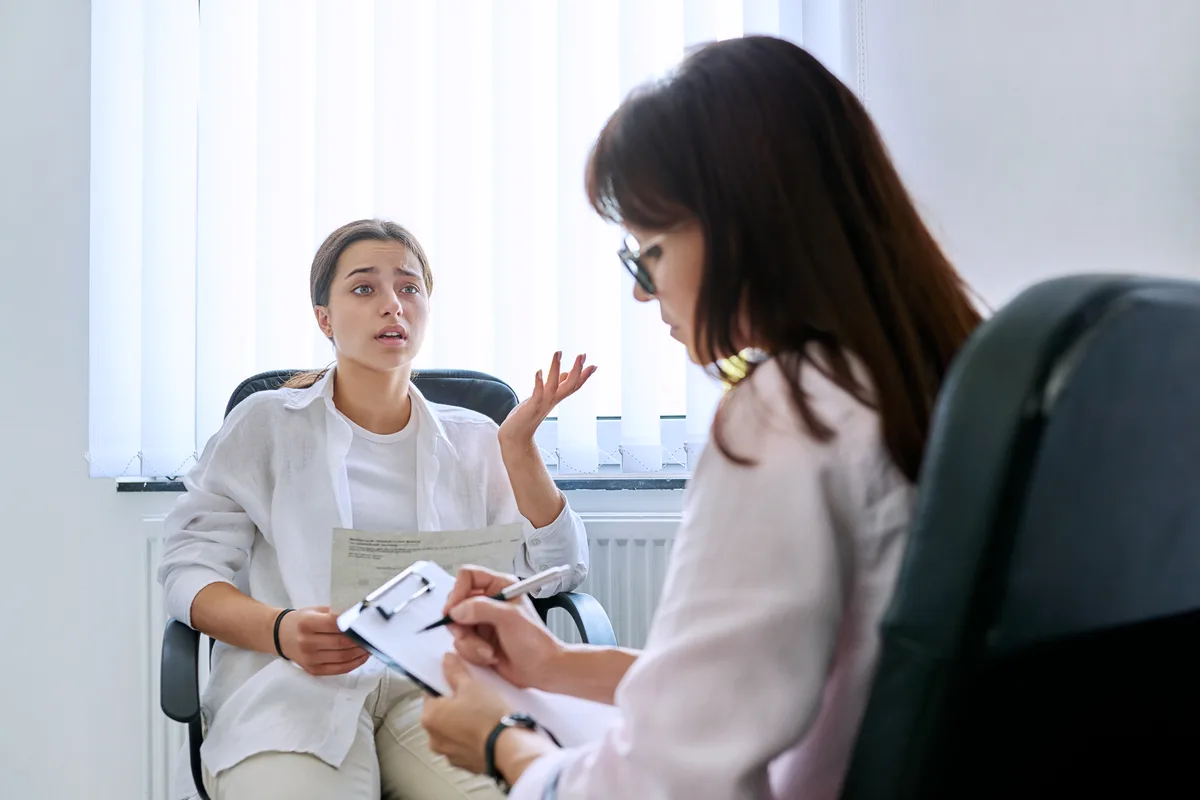24/7 Helpline:
(866) 899-111424/7 Helpline:
(866) 899-1114
Learn more about Bipolar Disorder Treatment centers in Lamar County
Bipolar Disorder Treatment in Other Counties

Southeastern Behavioral Healthcare Services
Southeastern Behavioral Healthcare Services, located in Lumberton, North Carolina, provides behavior...

Lumberton Treatment Center
Lumberton Treatment Center is a private rehab located in Lumberton, North Carolina. Lumberton Treatm...

Southeastern Behavioral Healthcare
Southeastern Behavioral Healthcare is a private rehab located in Lumberton, North Carolina. Southeas...

Family Alternatives Counseling Center
Family Alternatives Counseling Center is a private rehab located in Lumberton, North Carolina. Famil...

Carolina Manor Treatment Center
Carolina Manor Treatment Center is a private rehab located in Lumberton, North Carolina. Carolina Ma...

Care Net Robeson Family – Counseling
Care Net Robeson Family - Counseling is a private rehab located in Lumberton, NC. Care Net Robeson F...

Holistic Services
Holistic Services is a private rehab located in Lumberton, North Carolina. Holistic Services special...

Advantage Behavioral Healthcare
Advantage Behavioral Healthcare - East 5th Street offers outpatient treatment for individuals with a...

Compassion Christian Counseling
Compassion Christian Counseling is a non-profit rehab located in Lumberton, TX. Compassion Christian...







Pine Belt Mental Healthcare Resources
Pine Belt Mental Healthcare Resources - Highway 589 offers outpatient treatment for individuals with...

KV Consultants
KV Consultants is a private rehab located in Lumberton, North Carolina. KV Consultants specializes i...

Associate Behavioral Services
Associate Behavioral Services is a private rehab located in Lumberton, North Carolina. Associate Beh...

Southeastern Recovery Alternatives
Southeastern Recovery Alternatives is a private rehab located in Lumberton, North Carolina. Southeas...

Robeson Healthcare Recovery House
Robeson Healthcare Recovery House - Pine Street is a non-profit rehab located in Lumberton, North Ca...

Grace Court – Transitions Housing Facility
Grace Court – Transitions Housing Facility is a private rehab located in Lumberton, North Carolina. ...

TT and T Services
TT & T Services is a behavioral health facility that offers alcohol and drug rehab services in Lumbe...


















Other Insurance Options

UnitedHealth Group

WellPoint

BlueShield

Optima

Molina Healthcare

BHS | Behavioral Health Systems

MVP Healthcare

Aetna

Cigna

Evernorth

EmblemHealth

Optum

Highmark

Holman Group

PHCS Network

Choice Care Network

Excellus

Regence

Sliding scale payment assistance

Amerigroup